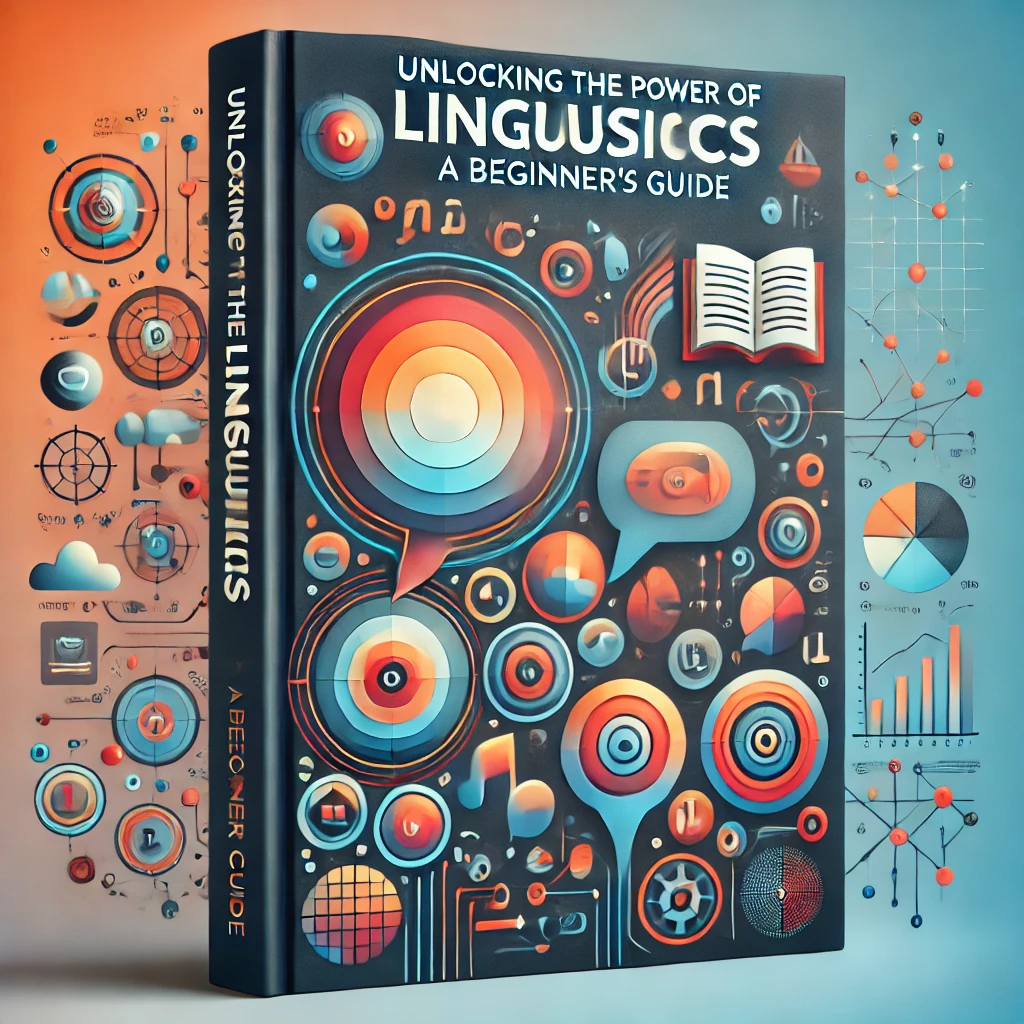Introduction to Linguistics
Linguistics is the scientific study of language, focusing on its structure, development, and usage. It encompasses various subfields, such as phonetics, syntax, semantics, and more. The primary goal of linguistics is to understand how languages work, evolve, and influence human communication.
Why is linguistics important? By studying language, we unlock the mysteries behind how people communicate and express themselves. Linguistics not only helps us analyze language but also improves our ability to understand and engage with the world around us. In this guide, we’ll break down the core concepts of linguistics, providing a clear and accessible overview for those new to the field.
Key Branches of Linguistics
Linguistics is divided into several branches, each focusing on different aspects of language. These include phonetics, phonology, syntax, semantics, and morphology.
Phonetics and Phonology Phonetics deals with the sounds of speech, while phonology examines how those sounds function within a particular language. Phonetics looks at how sounds are produced, transmitted, and received. Phonology, on the other hand, focuses on sound patterns and how they form meaningful units within a language.
Syntax and Semantics Syntax studies the structure of sentences and how words combine to form meaningful phrases. It looks at the rules that govern sentence construction. Semantics is concerned with the meaning of words and sentences, exploring how meaning is derived from language structures.
Morphology Morphology examines the structure of words, including how they are formed and how they evolve. It investigates the way smaller units of meaning, known as morphemes, combine to create larger units like words.
How Linguistics Helps Us Understand Language
Linguistics provides valuable insights into the inner workings of language. By studying its structure and patterns, we gain a deeper understanding of how languages function and evolve.
The Structure of Language At its core, language consists of sounds, words, and rules that govern their arrangement. Linguistics helps us break down these elements to understand how they combine to form meaningful communication. Understanding these structural components allows us to appreciate the complexity and beauty of language.
Language and Cognition Language is intricately connected to cognition—the mental processes involved in thinking, learning, and understanding. Linguistics allows us to explore how our brains process language and how this shapes our thoughts. It reveals the relationship between language and the way we perceive the world.
Practical Applications of Linguistics
Linguistics isn’t just an academic subject; it has real-world applications across many fields.
Language Learning Linguistics is a powerful tool for language learners. Understanding the underlying structure of a language can make it easier to acquire new languages. By grasping the rules and patterns of a language, learners can enhance their ability to speak, write, and understand it effectively.
Linguistics in Technology Linguistics plays a crucial role in fields such as artificial intelligence (AI) and natural language processing (NLP). Linguistic principles are applied in speech recognition, machine translation, and other technologies that rely on understanding human language. By studying linguistics, we can contribute to the development of these groundbreaking technologies.
Tips for Beginners in Linguistics
Starting your journey in linguistics can be exciting and rewarding. Here are a few tips to help you begin:
Recommended Resources Look for textbooks, online courses, and academic papers that introduce key linguistic concepts. Many universities offer free introductory courses in linguistics, which can be a great starting point.
How to Start Learning Linguistics Begin by familiarizing yourself with the basic branches of linguistics, such as phonetics and syntax. Watch videos, read articles, and engage in discussions about language to deepen your understanding. As you progress, try to apply linguistic concepts to real-world language situations, such as analyzing your native language or learning a new one.
Conclusion: Why Linguistics Matters
Understanding linguistics is essential for anyone interested in how language shapes human communication. Whether you’re learning a new language, developing AI systems, or simply curious about the nature of language, the power of linguistics offers invaluable insights into our daily interactions and beyond. By unlocking its mysteries, we can enhance our ability to understand each other and the world we live in.



